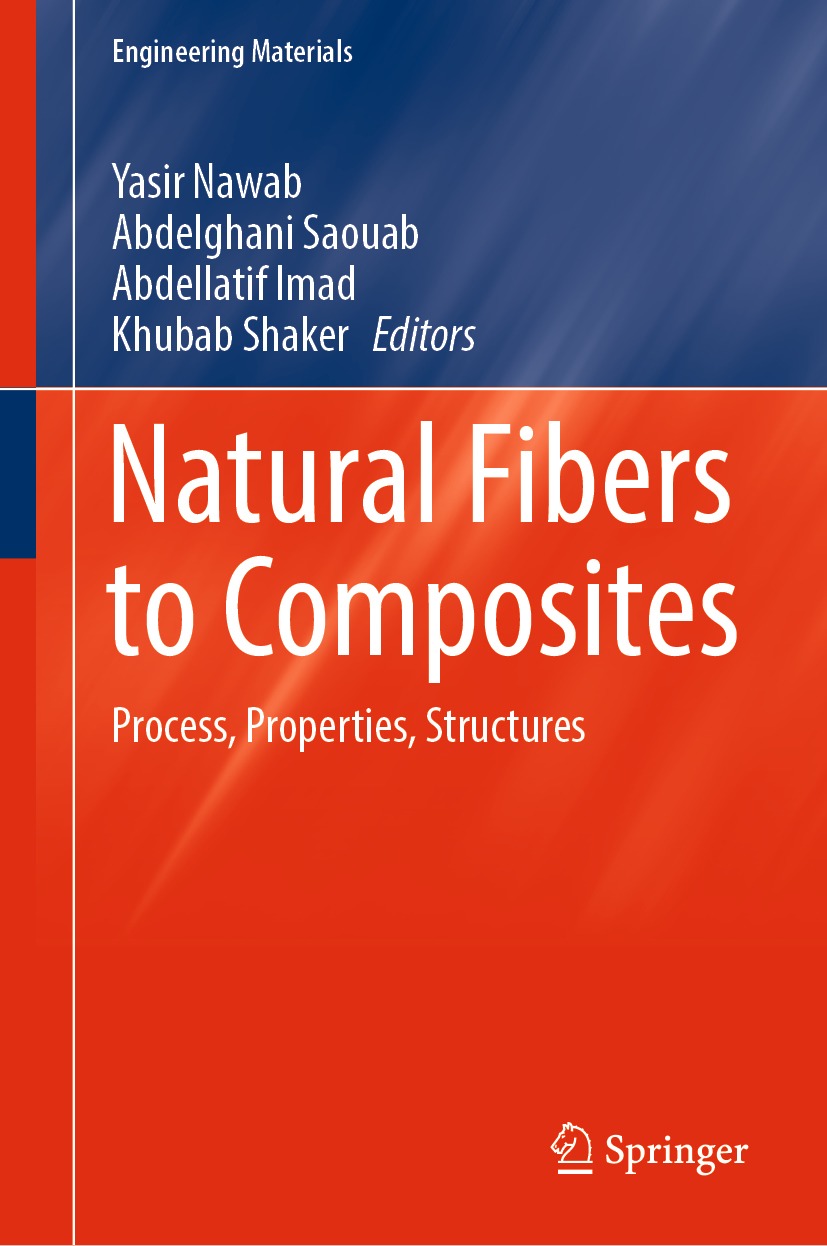Natural fiber composites are a preferred alternative to conventional composites due to their environment-friendly nature. However, their market share is limited due to: a) limited number and quantities of natural fibers available for composites, b) diversity in fibers structure, c) poor mechanical properties of fibers as well as composites, d) susceptibility to microbial attacks, and e) cellulose degradation temperature around 200 deg C, which hinders the development of natural fiber reinforced thermoplastic composites using thermoforming at high temperatures. A number of researchers have contributed to the solution of the problem of poor mechanical properties and issues related to fabrication during the last decade. This book covers these different solutions. The book is divided into two principal themes: a) structure-property relationship: fibers to composites-it includes the discussion on fibers, their surface modifications, variation in the structure of reinforcement, and approaches for the enhancement of properties. b) Fabrication process of composites-it includes the novel approaches used for the development of natural fiber composites using the commingling technique for thermoplastic composites.












